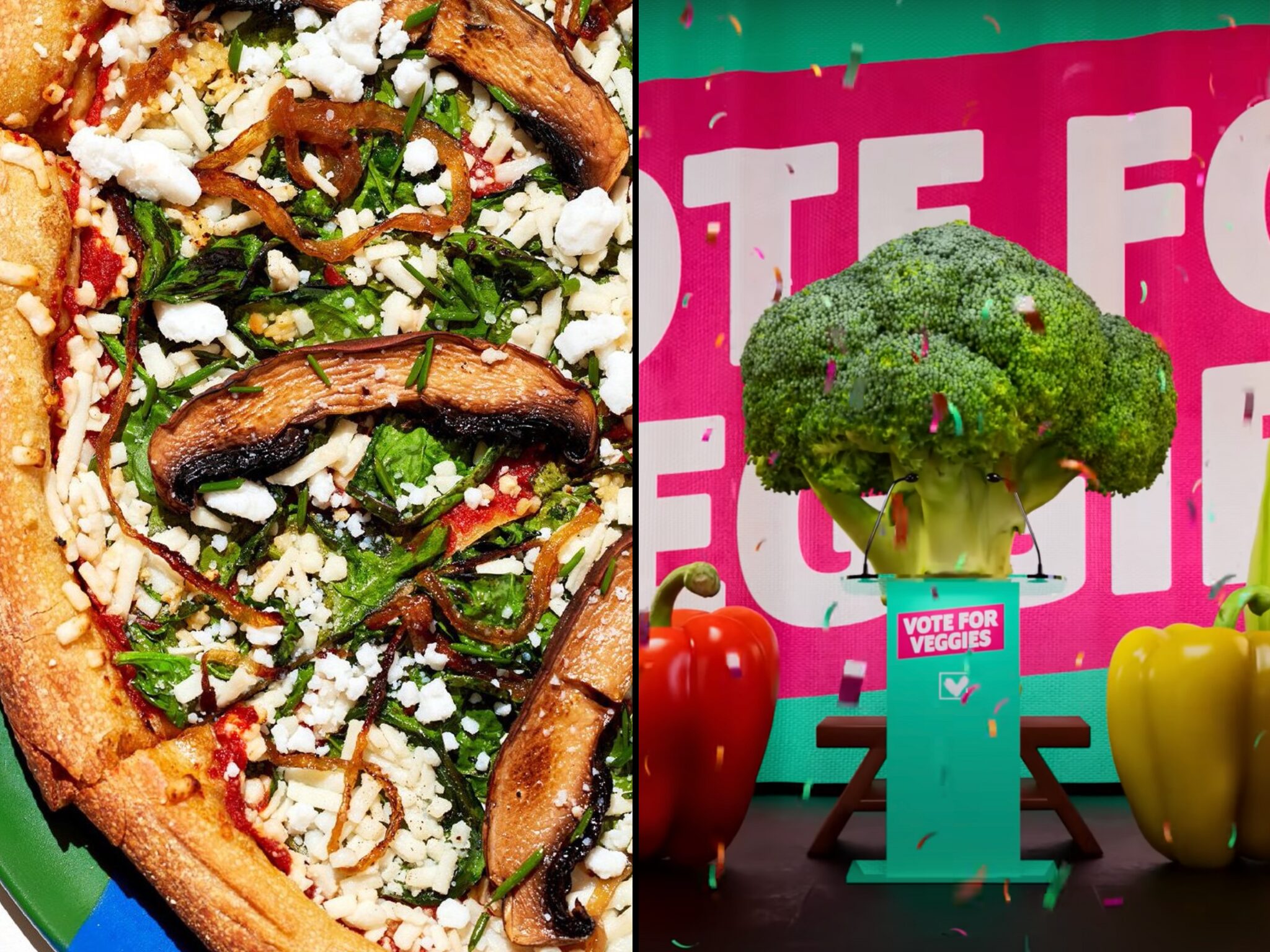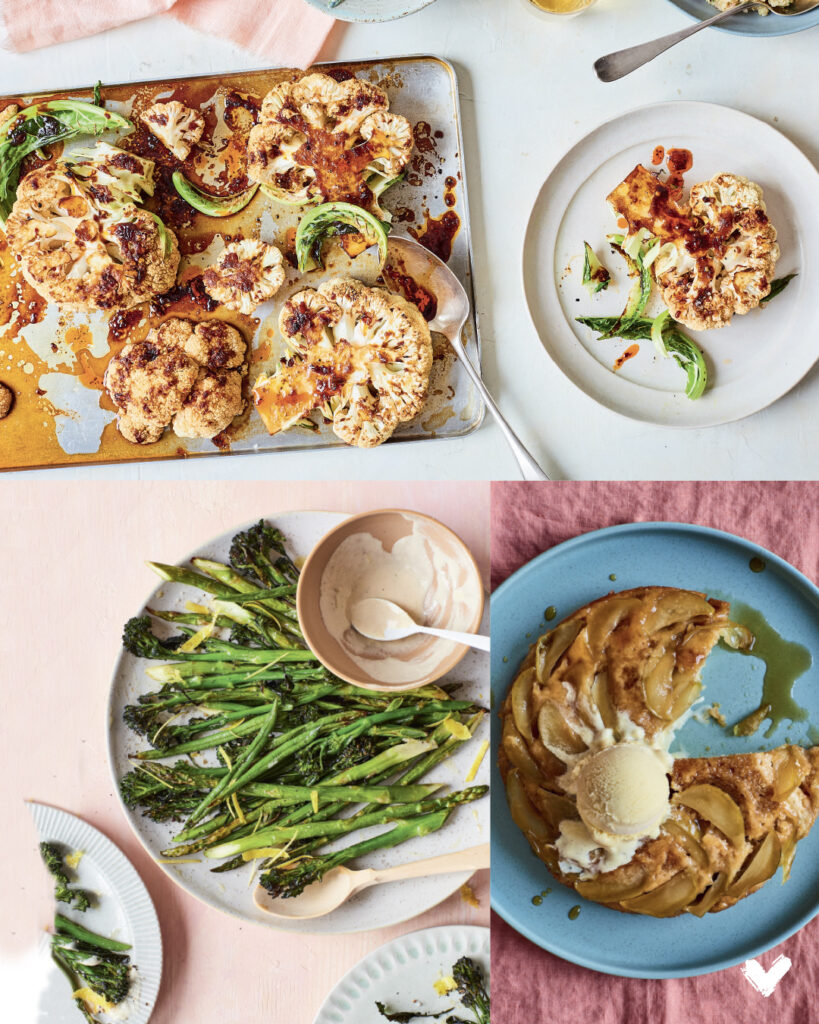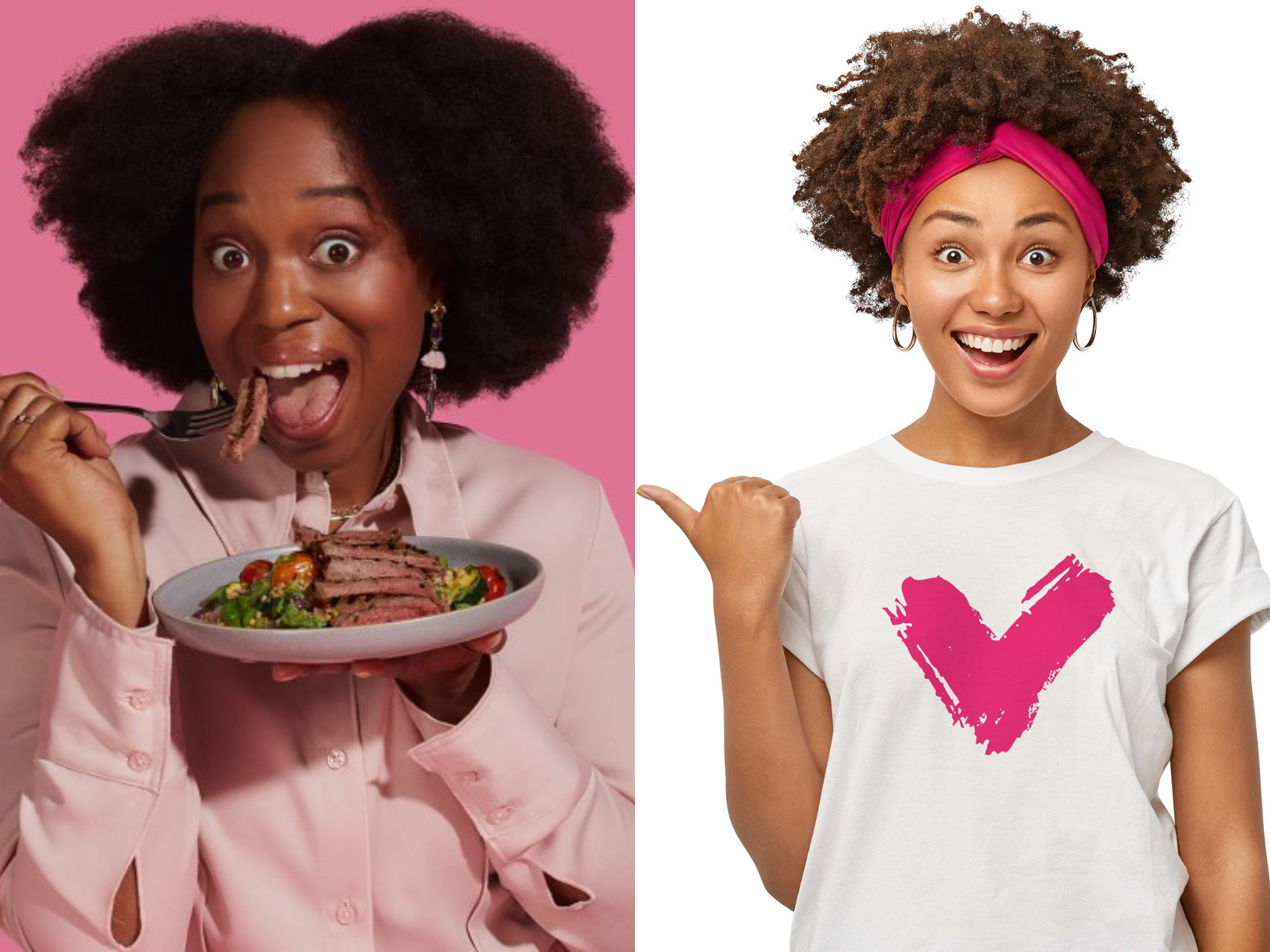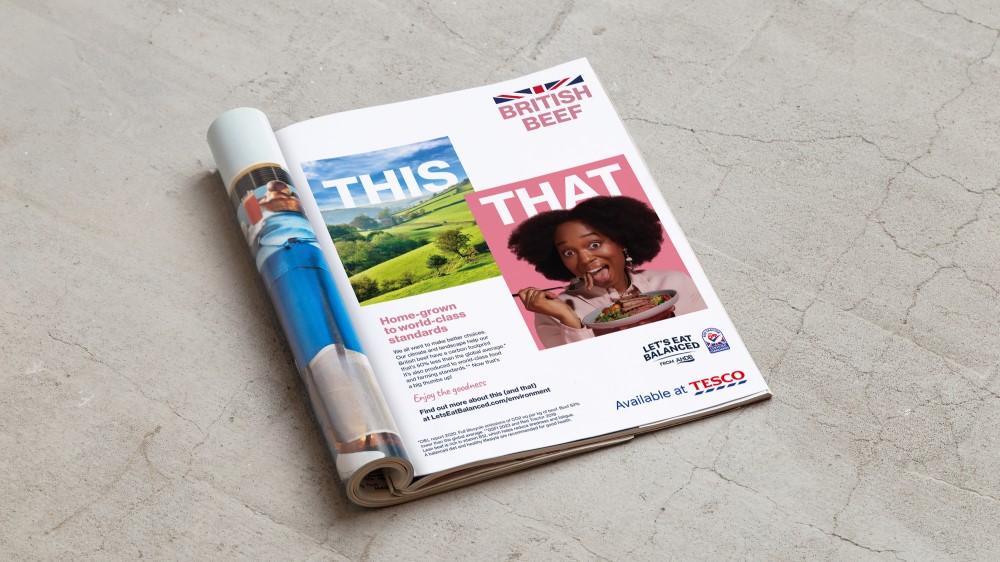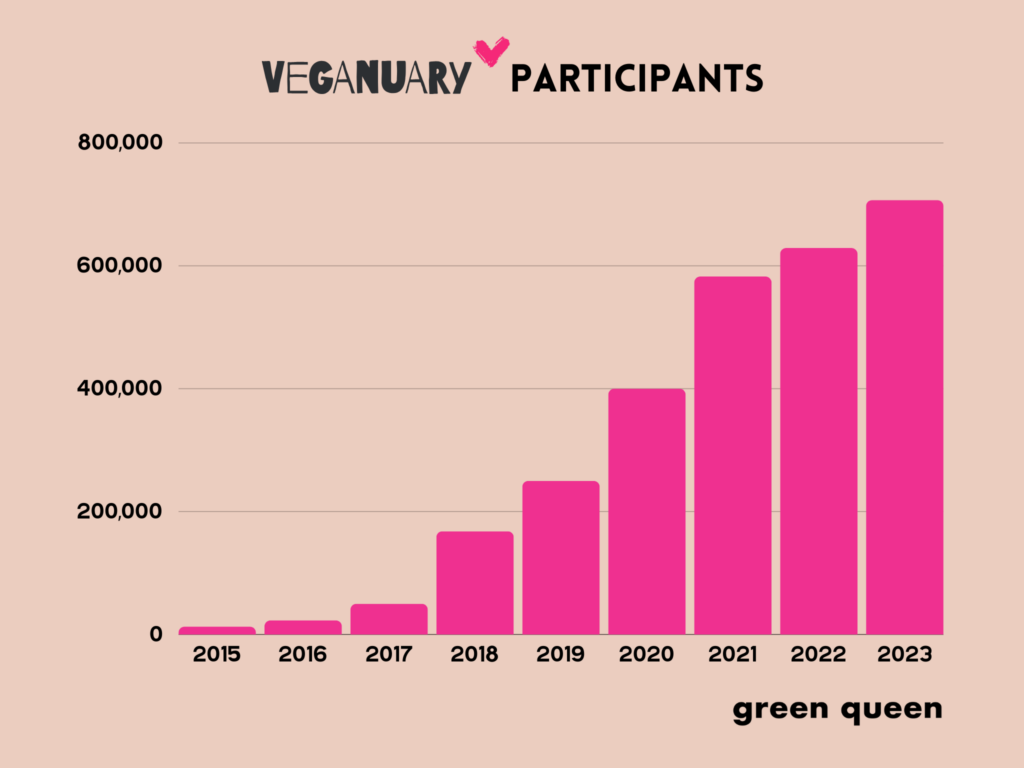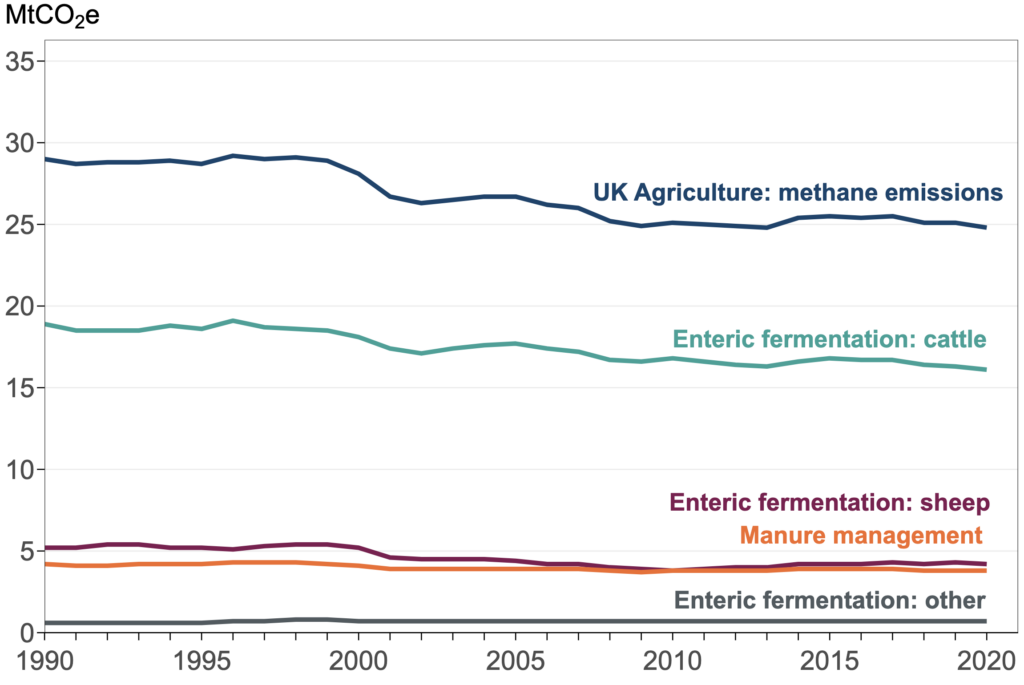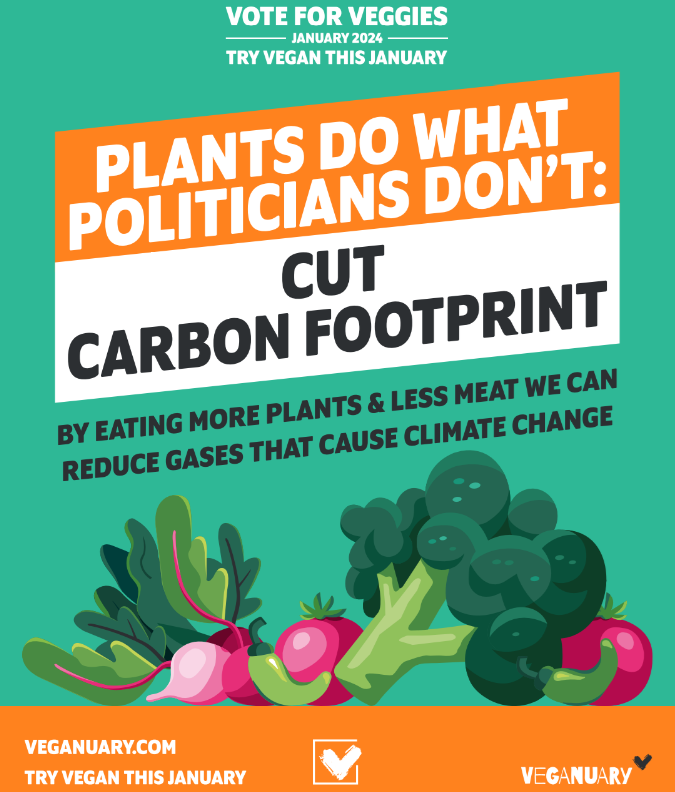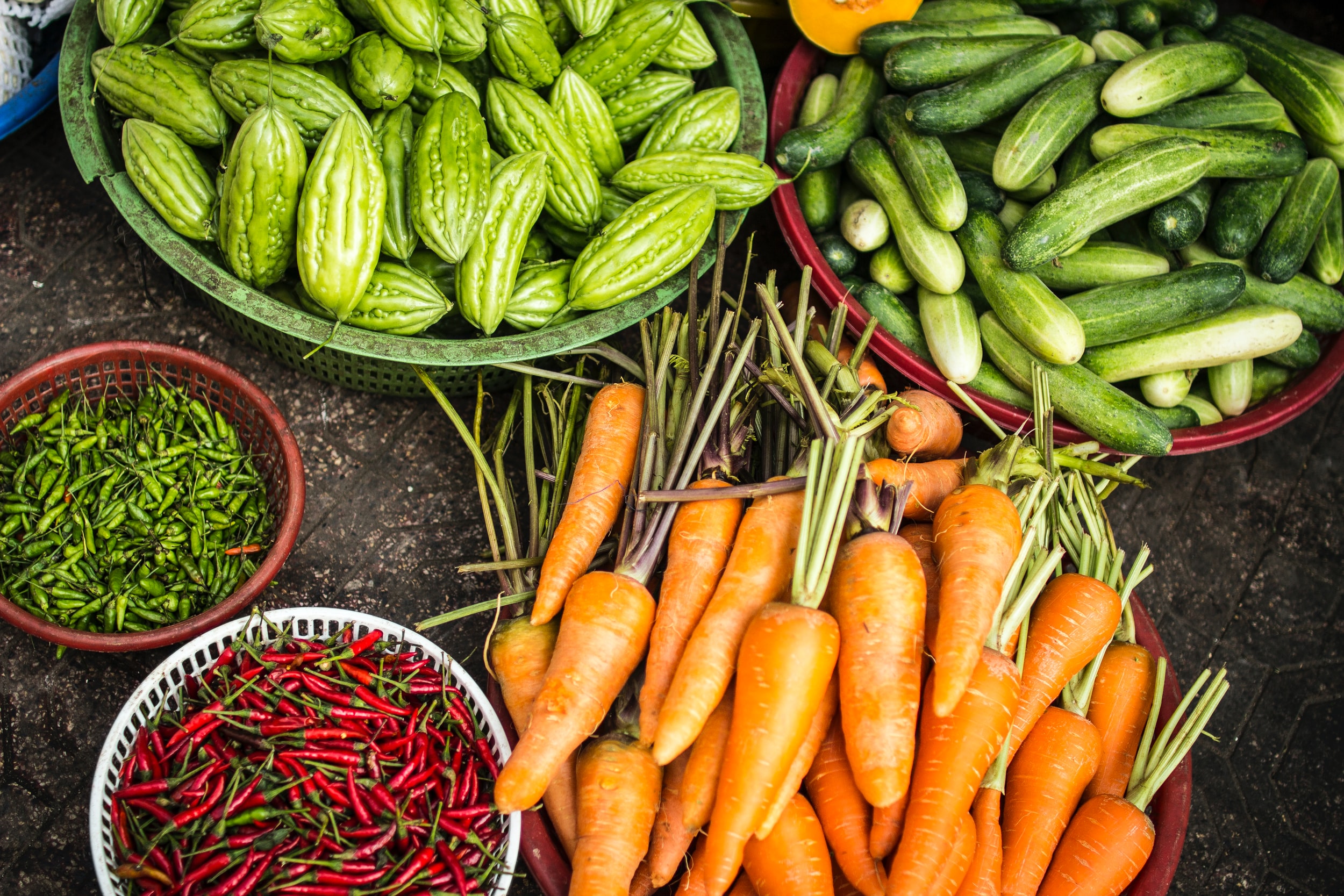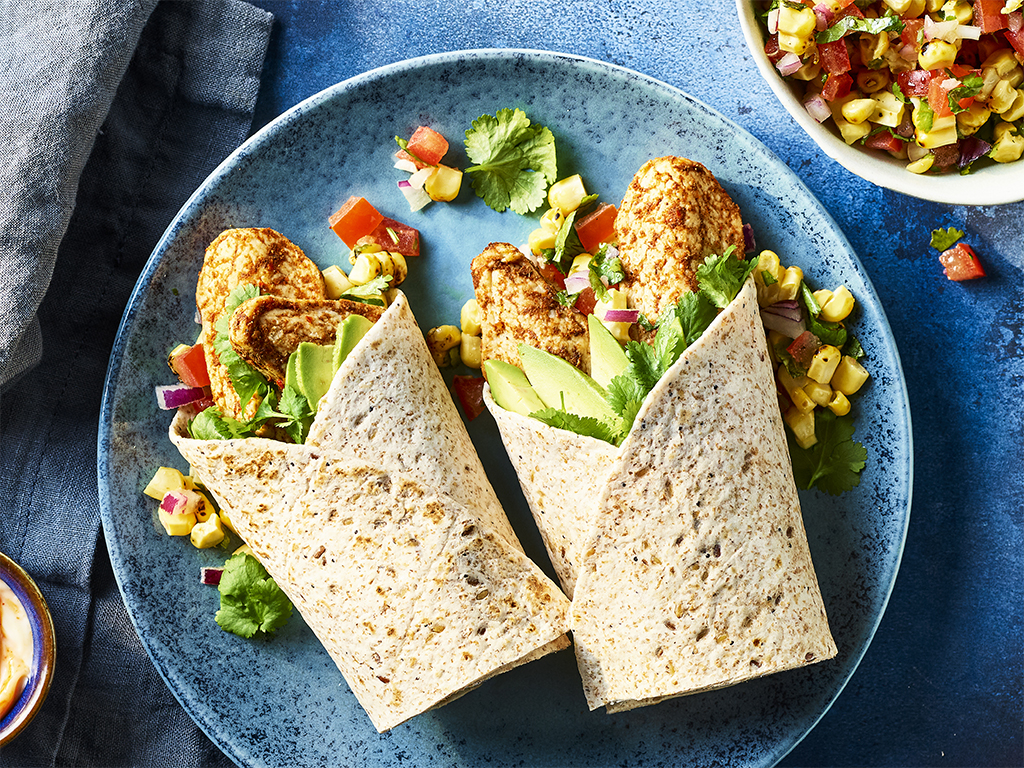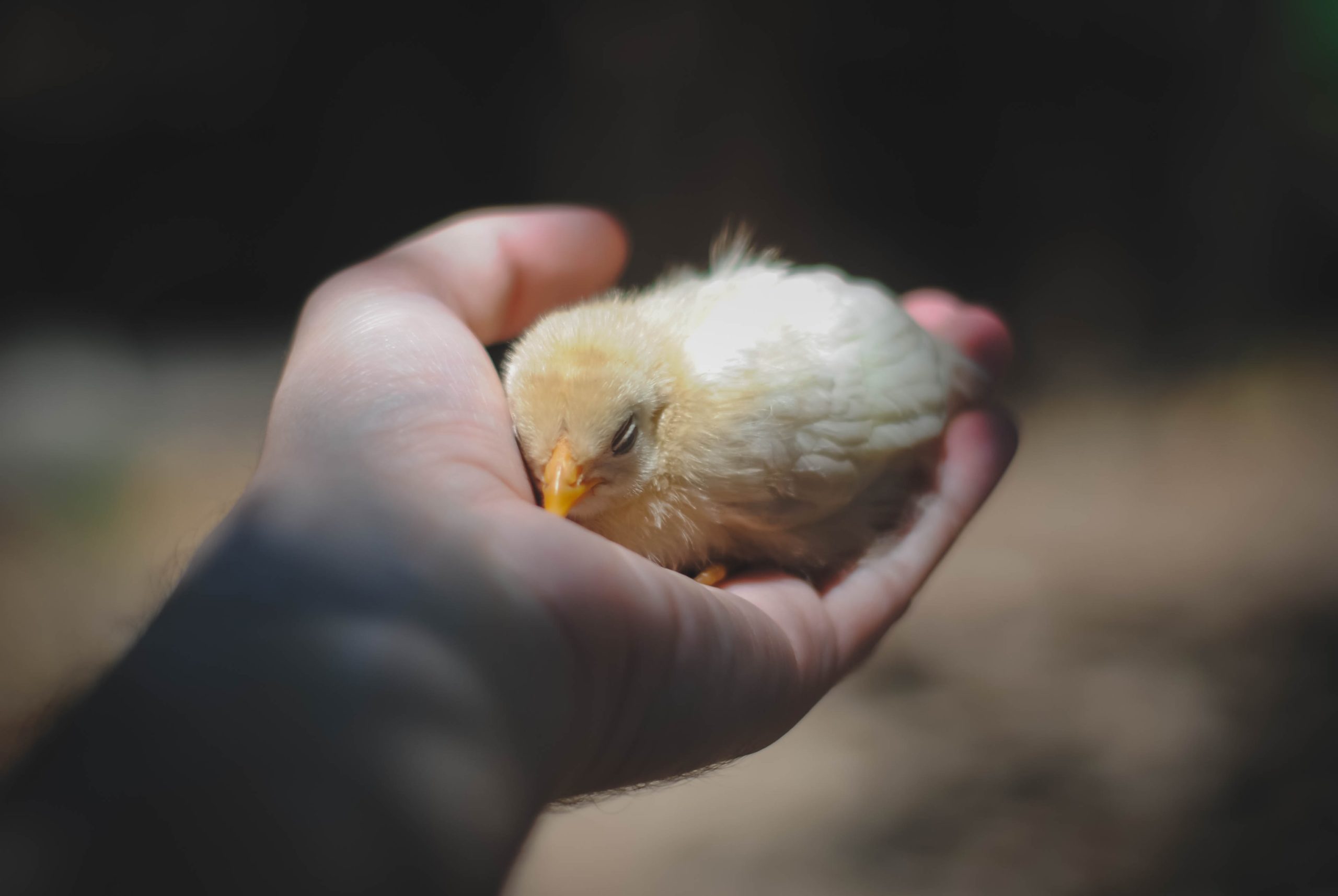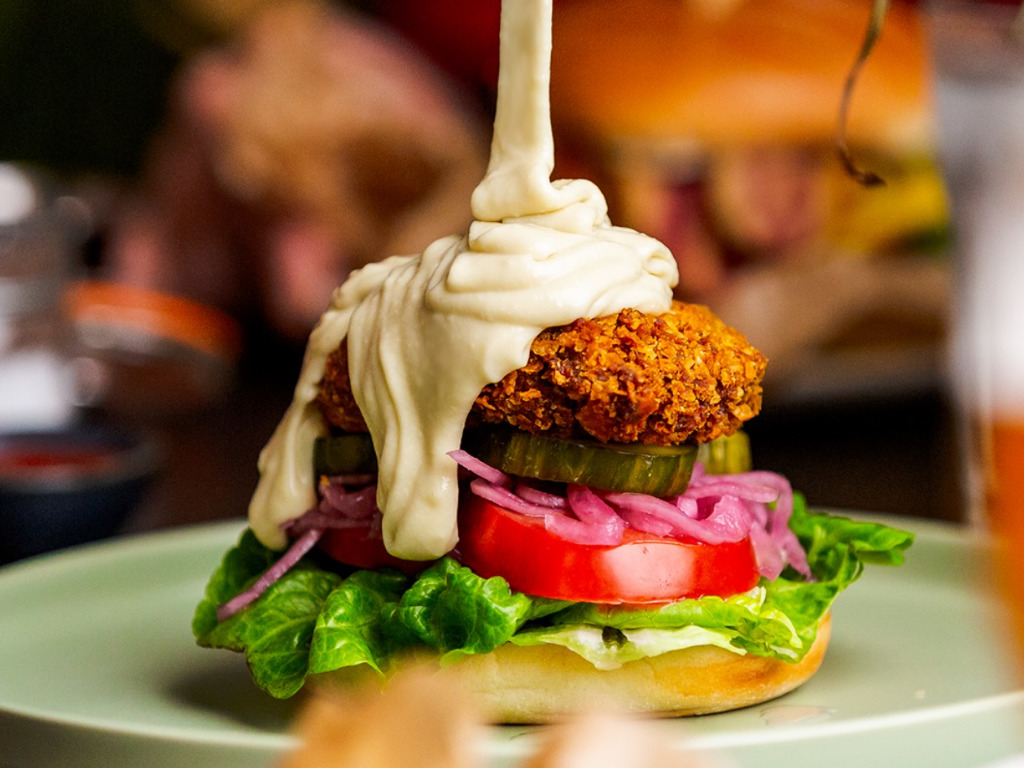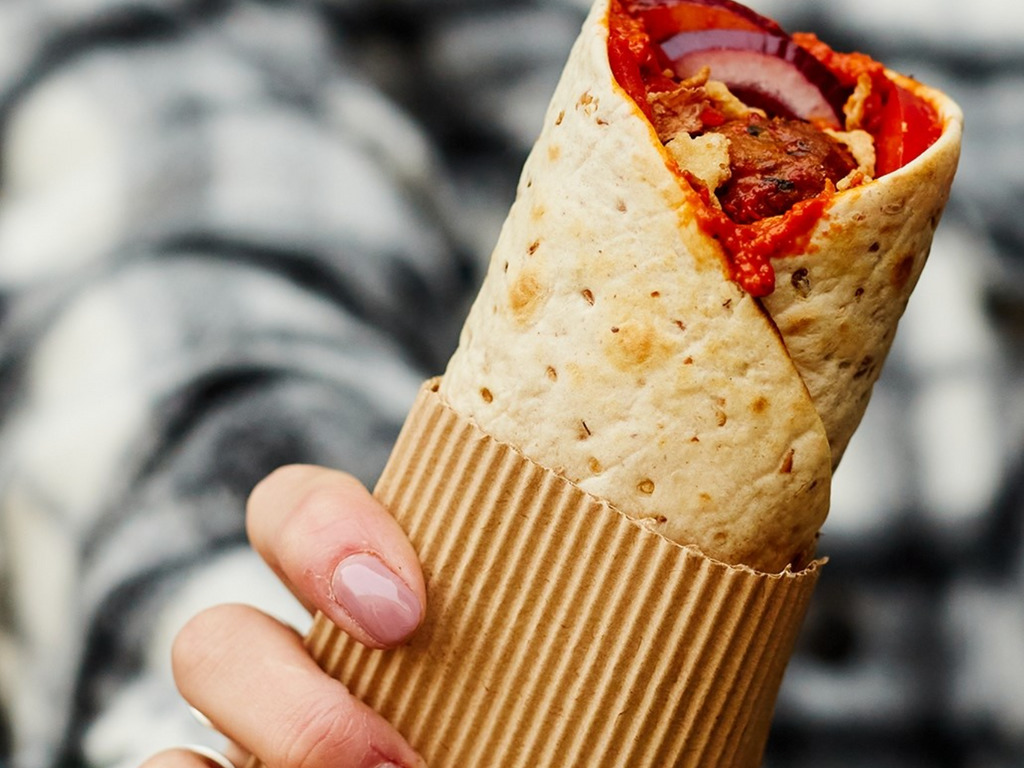
Veganuary has been a great success, but after a decade of expansion, growth has plateaued. Dissecting the playbook of Dry January, the other global January phenomenon, gives us important marketing lessons we can apply to break into the mainstream and make an even greater impact.
Editor’s Note: This article is a collaboration with Unstuck, a thought piece platform bringing the missing consumer mindset and skillset needed to take sustainable foods mainstream; all views are the authors’ own.
Veganuary, a movement encouraging people to try a plant-based diet, has racked up impressive results since its birth in York ten years ago. The vision, passion, and dedication of the team behind the annual challenge has gotten 1.8 million people to attempt going vegan across virtually every country on Earth and has even gone to space. Over time, however, the movement has started to plateau, with its founder saying in a recent Guardian interview that “the pace of growth has levelled off; progress has slowed.” So how do we get it unstuck?
As luck would have it, we have a parallel example in Dry January, a movement that promotes alcohol abstinence. Both are cleansing rituals timed to start after a period of excess. Both were started in the UK about a decade ago, a mere year apart. And both have ambitions to expand their reach globally and affect longer-lasting behaviour change. But Dry January has been uniquely able to build on its growth, going from a niche phenomenon to an early majority of adopters.
We can see this in a crude measure like worldwide Google Trends search volume, with Dry January doubling over the past five years while Veganuary has declined in relative terms. We can also see it in self-reported participation data in key markets. The latest comparable data from You gov in the UK, the home market for both movements, shows 15% of Britons who drink planned to give up alcohol in January, while 3% of meat and dairy eaters said they would attempt to go vegan for the month. The picture in the US is less clear, with a range of “alternative facts” suggesting different participation rates. The consensus, however, seems to be that Dry January has crossed the 20% threshold taking it from a niche phenomenon into the early majority of adopters, while Veganuary is still somewhere in the single digits.
Let’s be clear on one thing – going vegan for a month is more difficult than laying off booze. Having to plan for breakfast, lunch and dinner every day, as well as take into account the fact that meals are shared, makes it a bigger behaviour change than ordering a mocktail or leaving the bottles in the cellar for a little while longer.
Despite this difference, there are core marketing lessons in comparing the two that Veganuary could benefit from and use to drive more traction. Imagine what 20+% of major markets going plant-based could do for the planet. Some disciplined marketing – we’re talking the fundamentals of targeting, positioning, identity, tonality and partnerships – could help us get there.
If you want to go broad, you have to target broad
All marketing strategy starts with segmentation and targeting. Dry January has excelled at this by identifying a broad but specific audience: social drinkers who see the new year as a reset button for healthier habits. Its inclusive appeal, avoiding the teetotaler label, invites a diverse demographic and has taken on a life of its own to become part of popular culture. Veganuary, to mirror this success, must refine its targeting. Currently, the main motivation for participation according to the movement’s own data is animal welfare followed by environmental reasons, suggesting a relatively narrow segment of conscious consumers. And let’s face it, the vegan label hasn’t won many friends among the general public. Veganuary should instead target health-conscious individuals curious about plant-based diets, a much broader starting point, especially after festive over-indulgence.
Make the positioning about them, not about you
A marked difference in the positioning of the two campaigns is the benefits they call upon. Landing on Dry January’s website you are immediately hit with the opportunity to save money, sleep better and have more energy. Where do I sign up? By contrast, Veganuary invites you to join their movement – vote for veggies, along with people from 228 countries. And if that hasn’t convinced you, they tell you 6,800 media stories were published last year about the campaign. Sounds impressive, but what’s in it for me?
During the first week of January, the Netflix documentary You Are What You Eat garnered 639 million streaming minutes, demonstrating through a rigorous twin study that a plant-based diet is better for you than a healthy omnivore one on multiple metrics. Over four episodes this narrative was interspersed with stories of animal cruelty and the environmental impact of eating animal products, but the main takeaway was clear: plants are better for you, and can be just as tasty. Compared to previous Januaries, searches for plant-based recipes soared 300%. Veganuary needs to pivot its messaging to what’s in it for you, not the movement or the greater good of a vegan diet. Dry January doesn’t tell you that the cost of National Health in the UK would fall if you stopped drinking.
Use your design codes to drive desire
As we’ve talked about before, design codes are a strategic point of leverage for any brand. This is doubly true when it comes to movements that have limited marketing budgets of their own and rely on word of mouth without the accompanying controlled storytelling. Dry January has executed its positioning into a brand identity with a simple call to action and a welcoming sense of playfulness – you can swap out a cup of tea for a cocktail but don’t have to eradicate all fun from your life and still get to keep the cocktail umbrella. Veganuary, on the other hand, needs to broaden its appeal by toning down the activist shock & awe aesthetic and clarifying the awkward mouthfeel and ambiguous ask in the name (is it Vegan January or Vegetarian January?). A carefully crafted tagline locked up to the logo could help.
You have to be liked before you can be heard
Veganuary’s 2024 campaign invites consumers to “vote for veggies” with a series of “a vote for us is a vote for…” promises: reduced emissions, improved health, lower food bill, protection of animals, a healthier eco-food system, new economic opportunities. All great promises, and you won’t be surprised we’re glad to see health and lower food bills in there.
However, the style in which it’s delivered is unlikely to have landed well. Trust and respect in politicians is at an all-time low. 63% of respondents in a recent global study on trust believe government leaders are purposely trying to mislead people by saying things they know are false or gross exaggerations, so why emulate their voice? Beyond that, who still believes political votes have much impact on their individual lives?
By contrast, Dry January’s tone is one of individual motivation: you’ve made it three weeks, Sunday evening reminder, Monday motivation! Alongside continual benefit messaging, interspersed with the occasional meme that keeps things light. Another call for Veganuary to focus messaging on what’s in it for the individual, and deliver those messages in a tone of voice that people engage with.
Real amplification comes when brands truly commit
Where a movement’s impact really takes off is when major brands align in a big way, seeing the opportunity for scale and bringing budgets the movement entity can only dream of. Media and PR campaigns, packaging changes and in-store activations drive consumer reach and message amplification at huge multiples. Veganuary has successfully engaged and inspired brand activity around the month of January and since it started, has seen hundreds of new product launches in supermarkets and menu offerings in restaurants. However, these brands are still operating in the realm of line extensions, compared to the major branding event Dry January represents for alcohol. Heineken, the world’s second-largest brewer, is on the record saying they would put 25% of their nearly $3bn annual brand investment into normalizing the alcohol-free category. They have followed through with Superbowl spots, footballer deals, and aggressive sampling that have made Heineken 0.0 the leading brand in the space.
No doubt this enables alcohol brands to solve for a historically slow sales month coming off their festive peak. The same could be true for many food and restaurant brands, but they’re not yet embracing it at the same scale. In 2020 Heinz took its hero product, the iconic beans can, and put a limited edition “Beanz Meanz Vegan” slogan on it for the UK market. Changing your branding on pack, even for a limited run, is a major step for an iconic consumer brand. Were this deemed a success by the Heinz brand team, the campaign would have gone bigger every year since. As it was, come 2023 Heinz participated in the UK by launching alternative plant-based versions of some of their best-selling products, but left the core versions untouched. For 2024, a low-key announcement about tomato ketchup being vegan was the only UK activity we could find.
As per Heinz, there are plenty of mainstream brands now with vegan options, Veganuary should be an unmissable opportunity for them to commit to them with much bigger investments.
How do you get brands to go big in January? By following the steps above. Target a mass opportunity that doesn’t risk alienating core customers. Associate with ‘better for you’ messaging. Use your design codes and tonality to drive desire and likability, not political activism. Build a big tent and others will join.
From campaigns to lasting change
An effective beginning of the year ritual is a remarkable opportunity for the driving behaviour change we need towards sustainable food. It’s a moment when people are open to new ideas and there’s a real chance to overcome inertia. But to make it scale, we should use all the tools in our arsenal including a disciplined approach to targeting, positioning, identity, messaging and partnerships. In doing so, and adding a sprinkle of creative magic from time to time, we can build increasing participation and move from a month-long campaign into a catalyst for lasting change.
As always, let us know what you think, and subscribe to UNSTUCK for a bi-weekly update on the missing consumer mindset and skillset needed to take sustainable foods mainstream.
The post Unstuck: What Veganuary Can Learn From Dry January appeared first on Green Queen.
This post was originally published on Green Queen.
